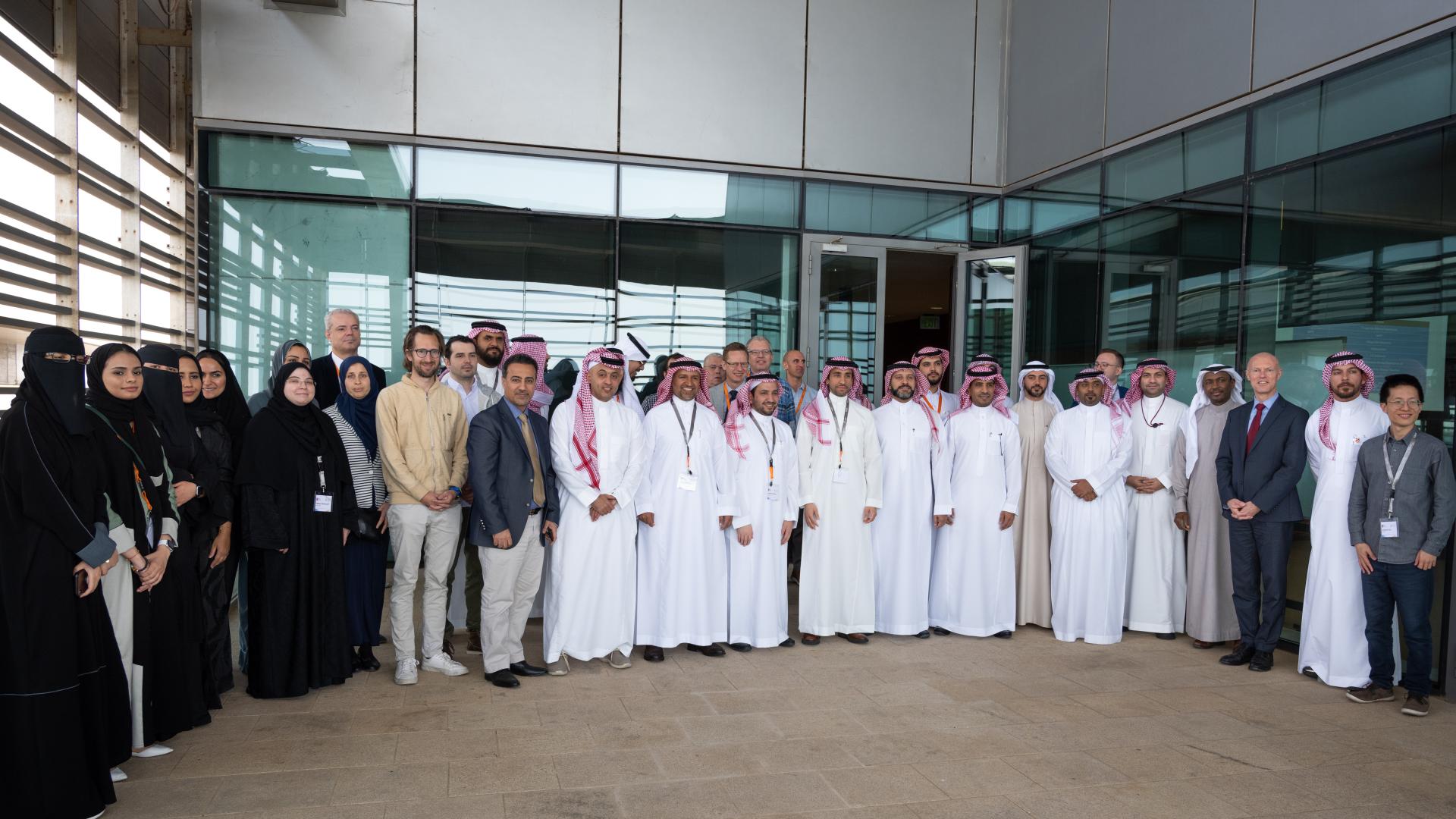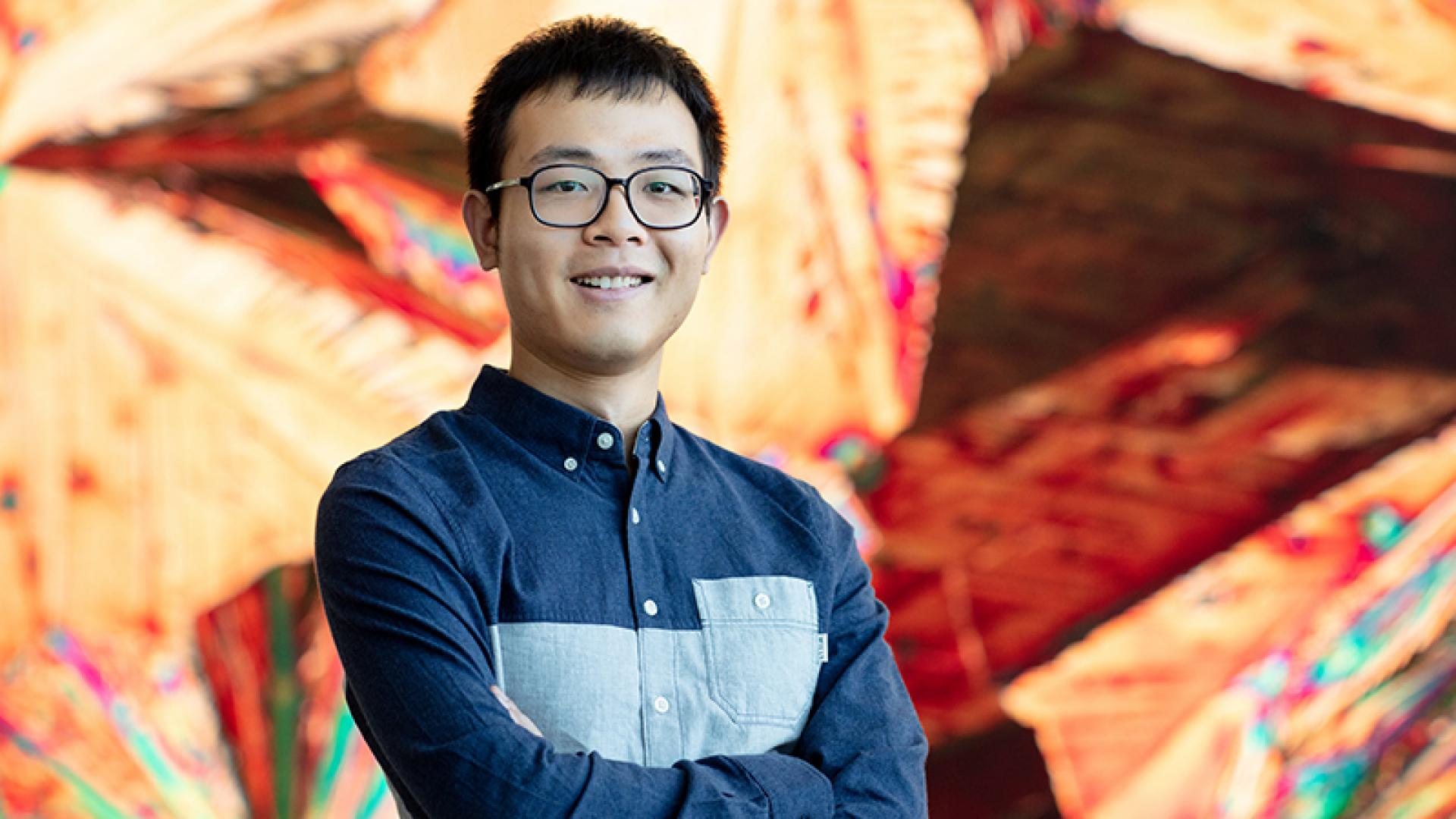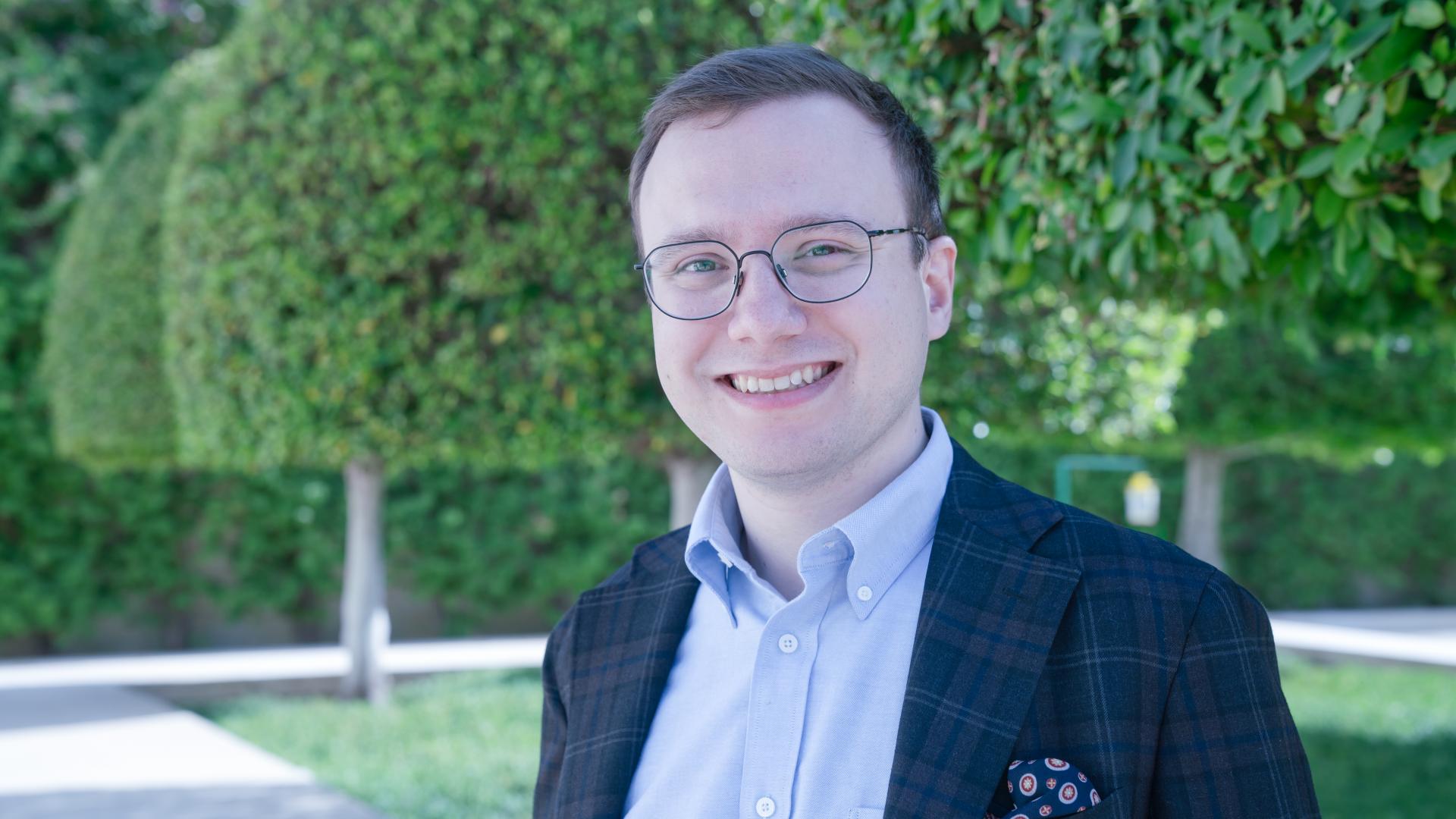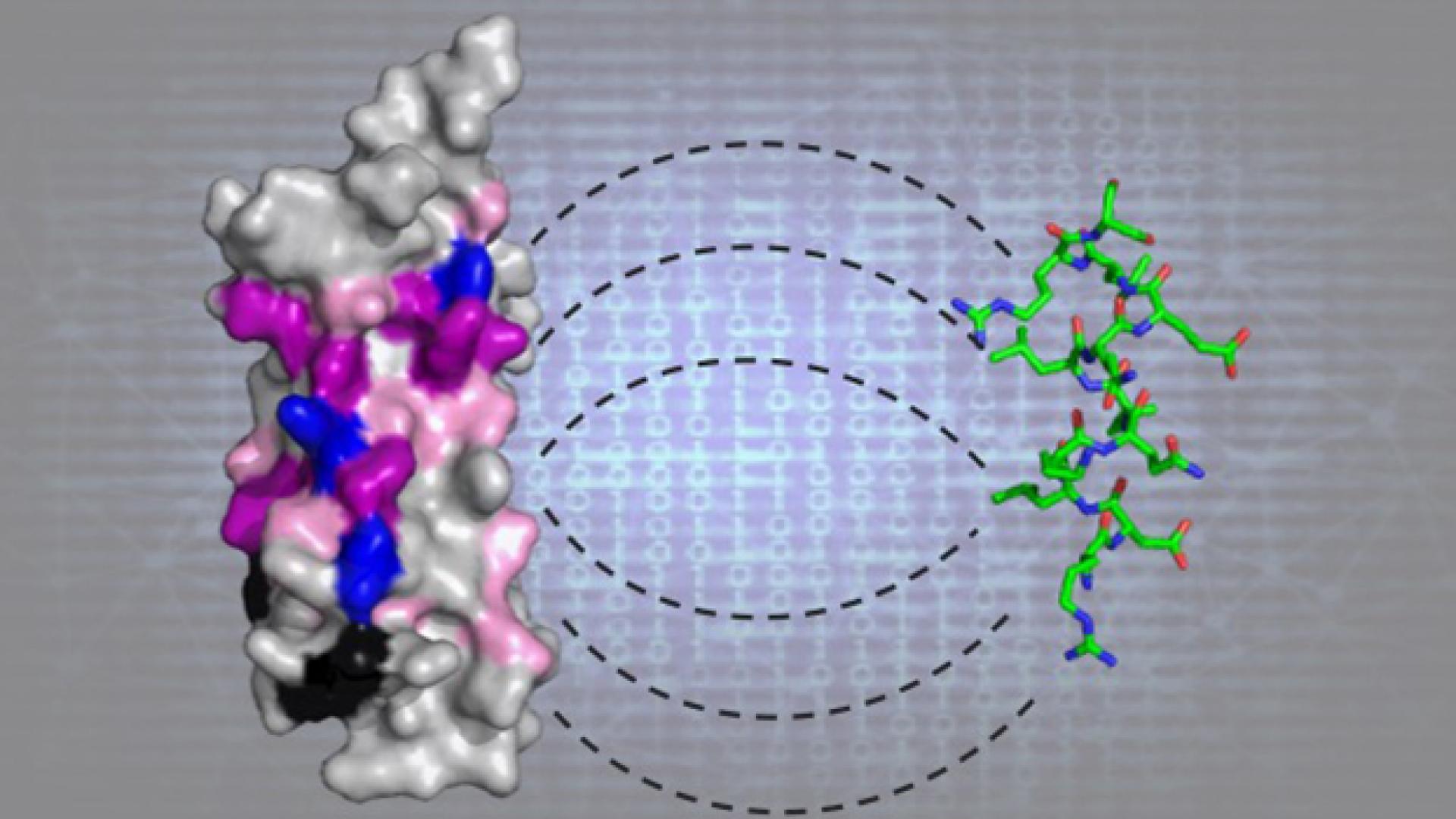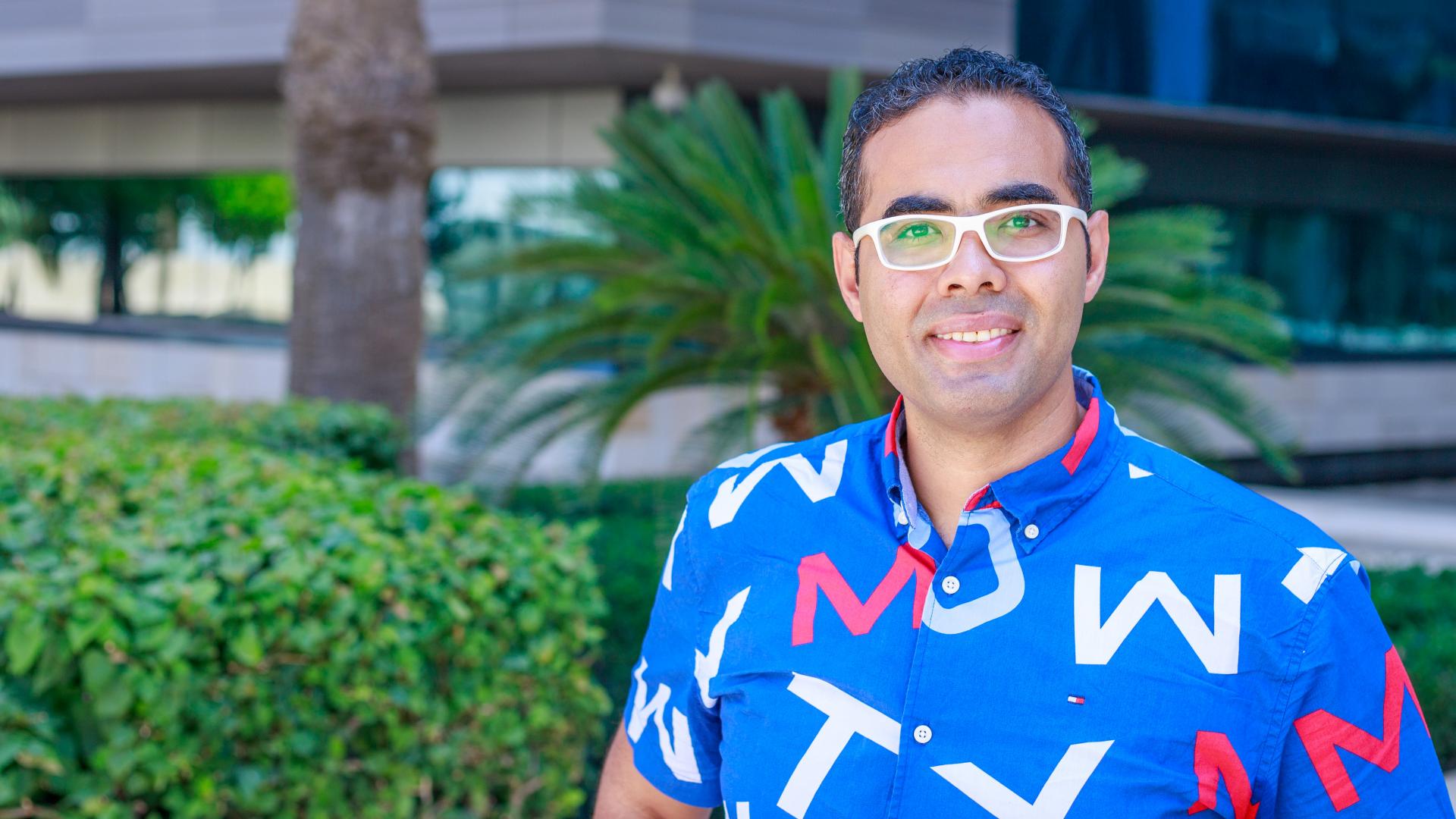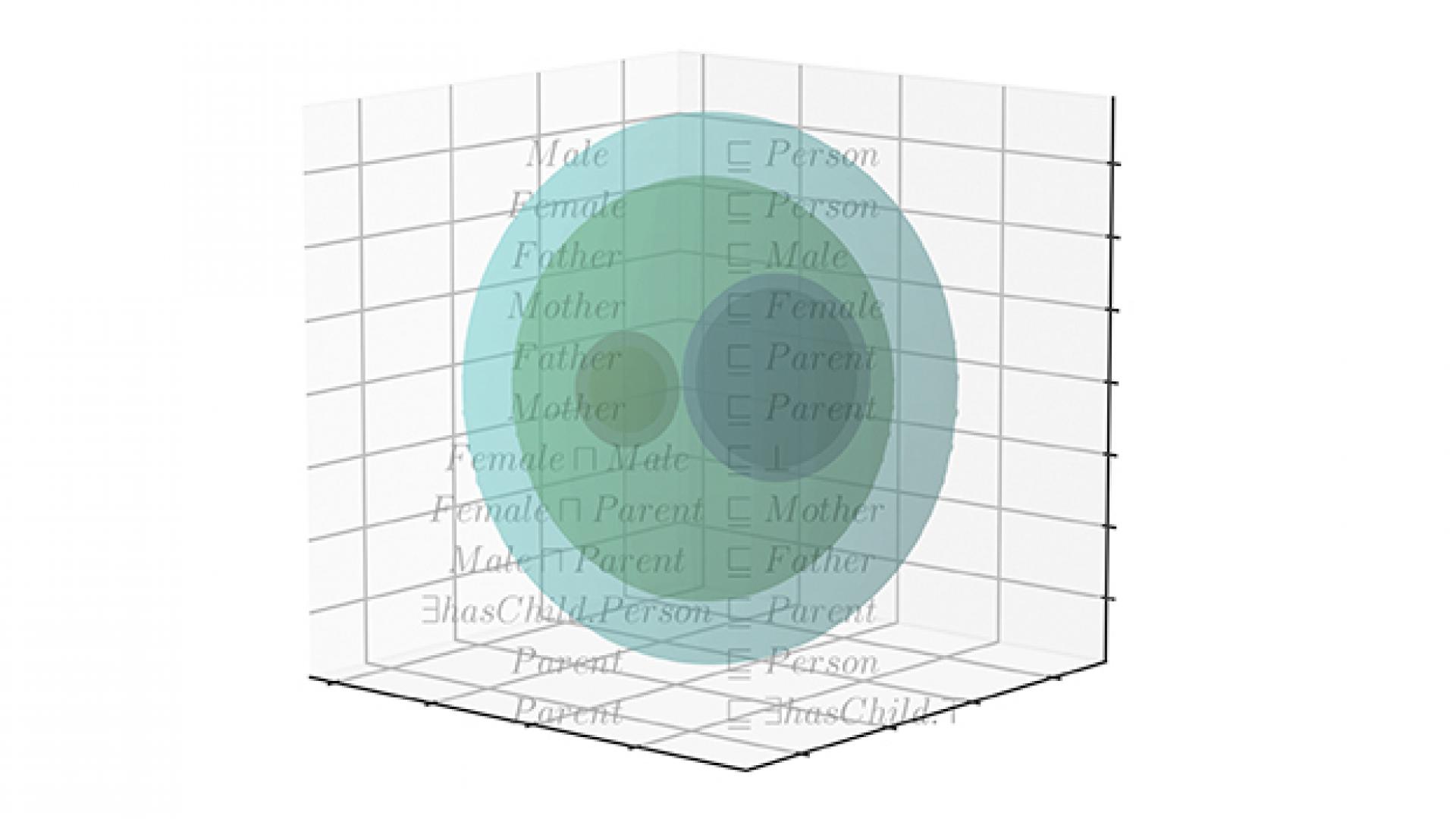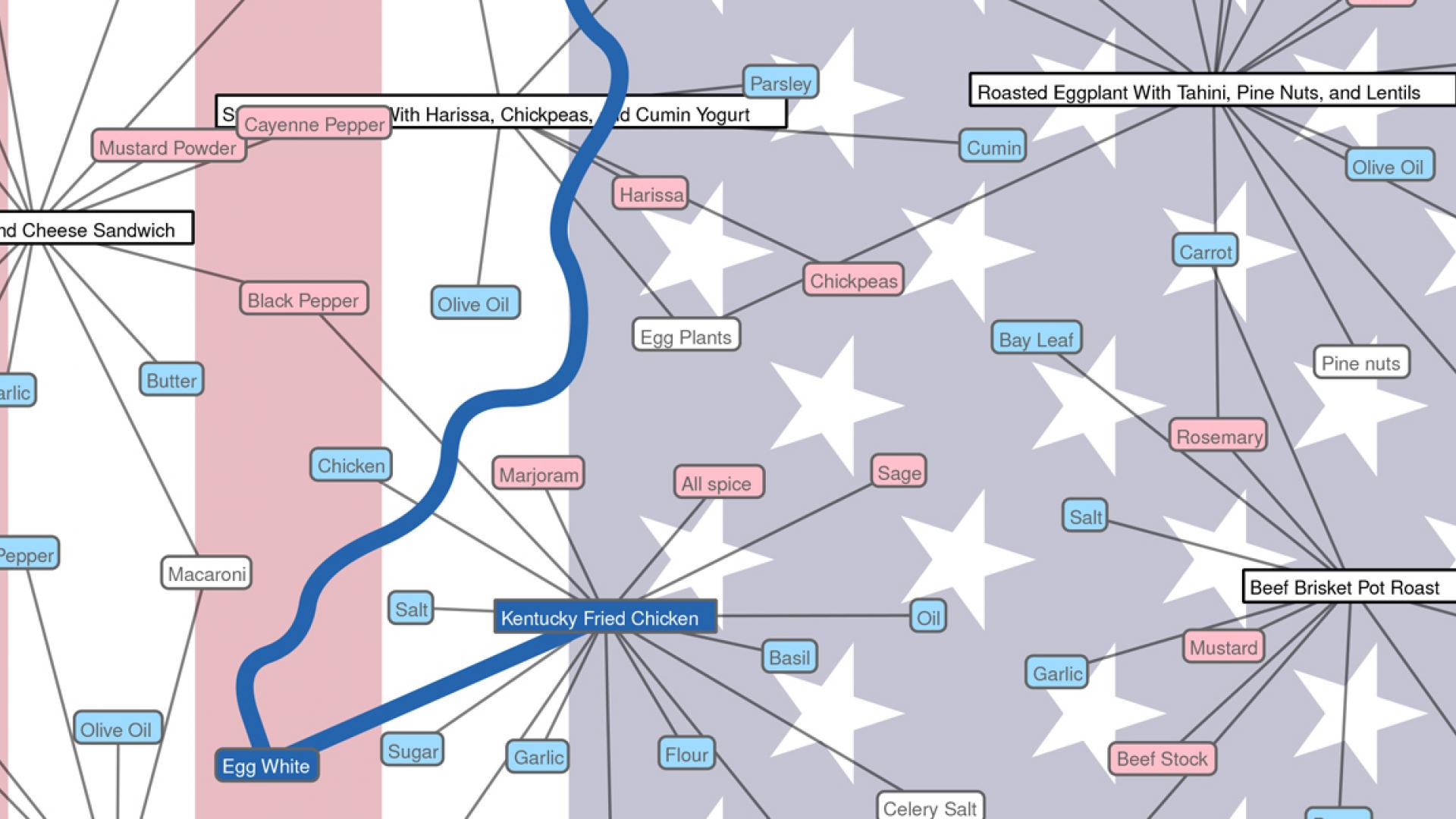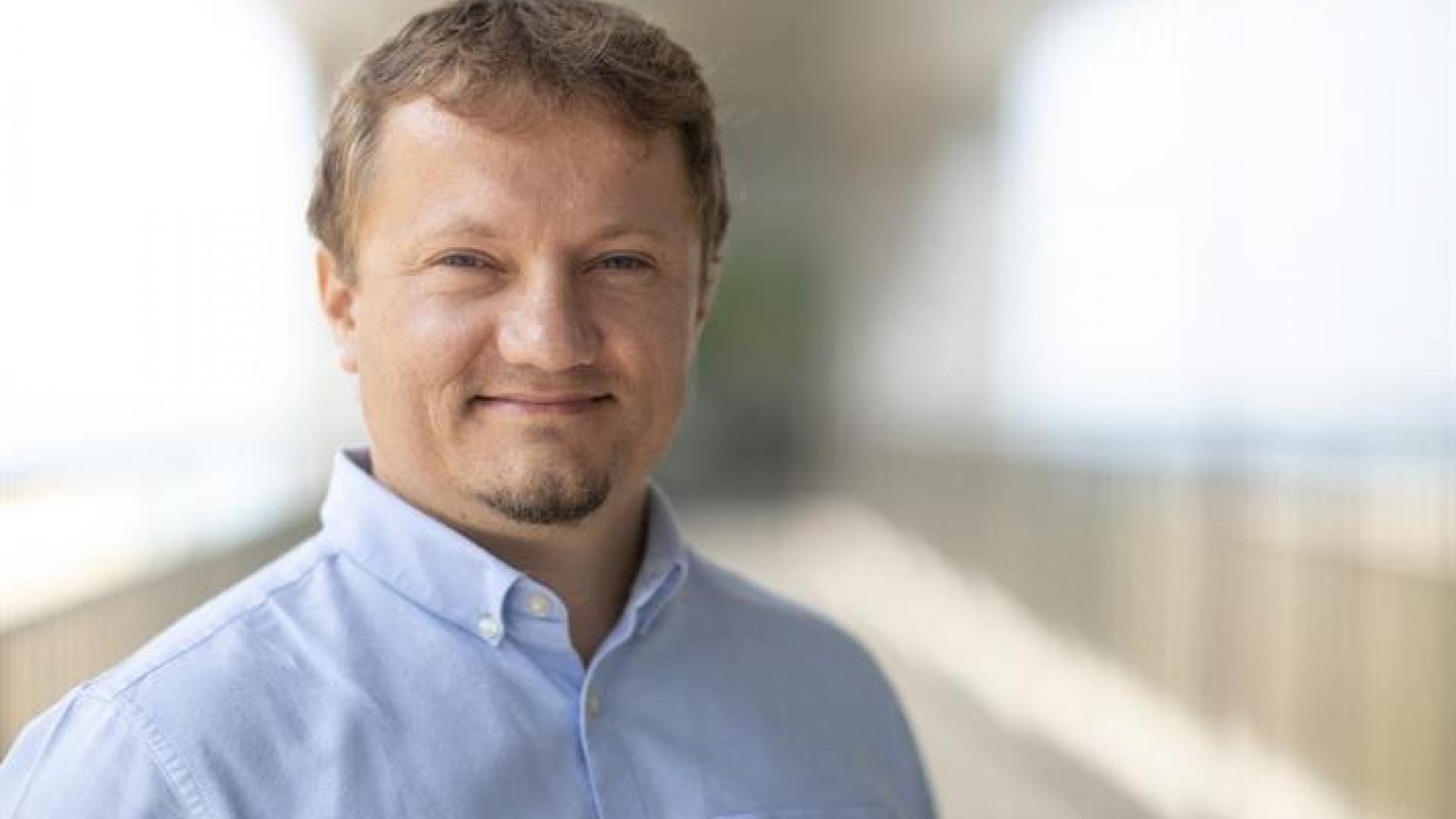The recent KAUST-Prince Mohammed Bin Salman College (MBSC) Invitational Healthcare Analytics and Data Science Workshop brought together top-level clinicians, healthcare executives, representatives to discuss digitization and advancement of healthcare analytics in Saudi Arabia.
KAUST computer science Ph.D. student Jinhui Xiong recently won the best paper award at the 24th International Symposium on Vision, Modeling, and Visualization. The symposium took place from September 30 to October 2, 2019, at the University of Rostock, Germany, and provided the opportunity for researchers to discuss a wide range of topics in computer science, including computer graphics, vision, visualization and visual analytics.
Research work carried out by Michał Mańkowski, a Ph.D. student in the KAUST Computer, Electrical and Mathematical Sciences and Engineering (CEMSE) Division, was recently selected for inclusion by the editors of The American Journal of Transplantation (AJT) in their “Top 10 Articles of 2019.
A method for finding genes that spur tumor growth takes advantage of machine learning algorithms to sift through reams of molecular data collected from studies of cancer cell lines, mouse models and human patients.
The psychology of human creativity helps artificial intelligence imagine the unseen.
A machine learning method has identified highly elusive amino acid sequences involved in cell morphogenesis and adhesion and in diseases like cancer.
Fourth-year computer science Ph.D. student Jinhui Xiong won the best paper award at this year’s 24th International Symposium on Vision, Modeling, and Visualization (VMV) 2019.
New methods for training machine learning models are quicker and more accurate than current approaches, previously considered state-of-the-art.
Prior to joining the KAUST CEMSE Division earlier this year, Mohamed Elhoseiny received his Ph.D. degree from Rutgers University, New Brunswick in 2016, before spending over two years working as a postdoctoral researcher at Facebook in the company’s AI research wing. Elhoseiny joins the Division as an assistant professor of computer science based in the KAUST Visual Computing Center (VCC). He will also act as the PI of the KAUST Computer Vision, Content AI (Vision-CAIR) Research Group. Outside of his duties at KAUST, he is also acting as an artificial intelligence (AI) research consultant for Baidu Research, Silicon Valley AI Lab.
A deep learning tool could help in structure-based drug discovery.
Bridging the knowledge gap in artificial intelligence requires an embedding function that helps step between different types of "thinking."
Deep analysis of the way information is shared among parallel computations increases efficiency to accelerate machine learning at scale.
Dominik L. Michels, Assistant Professor of Computer Science and Applied Mathematics, and Head of the Computational Sciences Research Group within KAUST's Visual Computing Center, was recently awarded one of the six Artificial Intelligence Grants of the State of North Rhine-Westphalia (NRW), Germany, for his contributions to the simulation of complex physical environments. The grant, amounting to 1.25 million euros, will fund Michels’ research on algorithmic methods to use synthetic data for training of neural networks in Machine Learning.
“Synthetic data are data that were not obtained by direct measurement but were generated by specific algorithms,” Michels explains, “in neural networks, the use of synthetic data is needed whenever the amount of data available is less than required.”
The NANOVIS team has won the 1st Place in Graph Drawing Contest 2019 under the category of "Creative Topic #2 Meal Ingredients" on their graph "Worldmap of Food".
Peter Richtárik, KAUST professor of computer science, recently received a Distinguished Speaker Award at the Sixth International Conference on Continuous Optimization (ICCOPT 2019) held in Berlin from August 3 to 8. ICCOPT 2019 was organized by the Mathematical Optimization Society and was hosted this year by the Weierstrass Institute for Applied Analysis and Stochastics.
